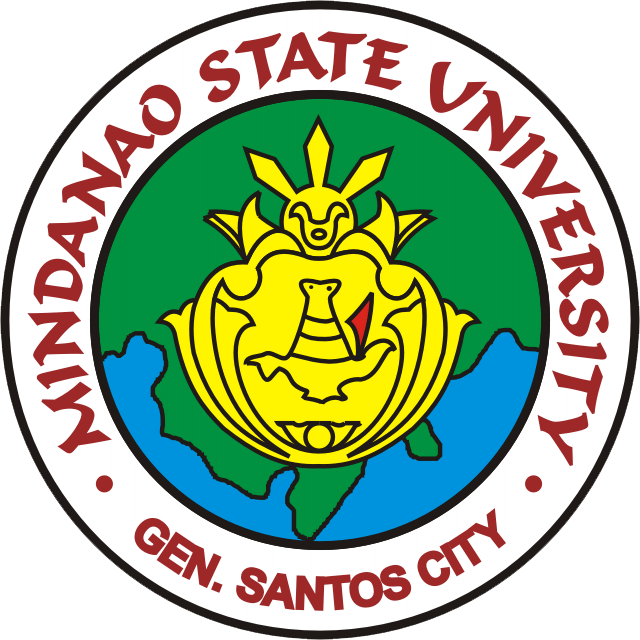The study was conducted in different barangays of Esperanza, Sultan kudarat from March to April 2017. The study was done to assess the lakatan production in the said areas, specifically, it aims to determine the farm management practices by lakatan farmers, the credit accessibility, the marketing practices of lakatan, the government/institutional support, the profitability and the problems encountered by the lakatan farmers. The secondary data is to determine the historical data of lakatan in five years such as the area planted, the volume of production, the number of bearing trees, the number of producers, and the price of lakatan in the market.
The study revealed that lakatan farmers practice desuckering, and de-leafing, and also lakatan was grown with regular used of fertilizer pesticide/insecticide and maintained by the practice of weeding. In terms of secondary data, the data that were gathered from the area of plantation of lakatan, up to the price of lakatan in the market.
In terms of marketing practices, the lakatan that were being sold to the wholesaler in which the lakatan fruits were reached the local markets of Manila. The total net income of the landowner is Php 404,895.00 and Php 319,100.00 for the income of laseholder.
Climatic factors and banana diseases were the major areas that needed to be addressed and improved among the lakatan farmers in the said municipality and most important, the interventions of the government for the farmers. Hence, the problems cited by the lakatan farmers should be considered by the government for the intervention and support for the higher yield to be attained.
